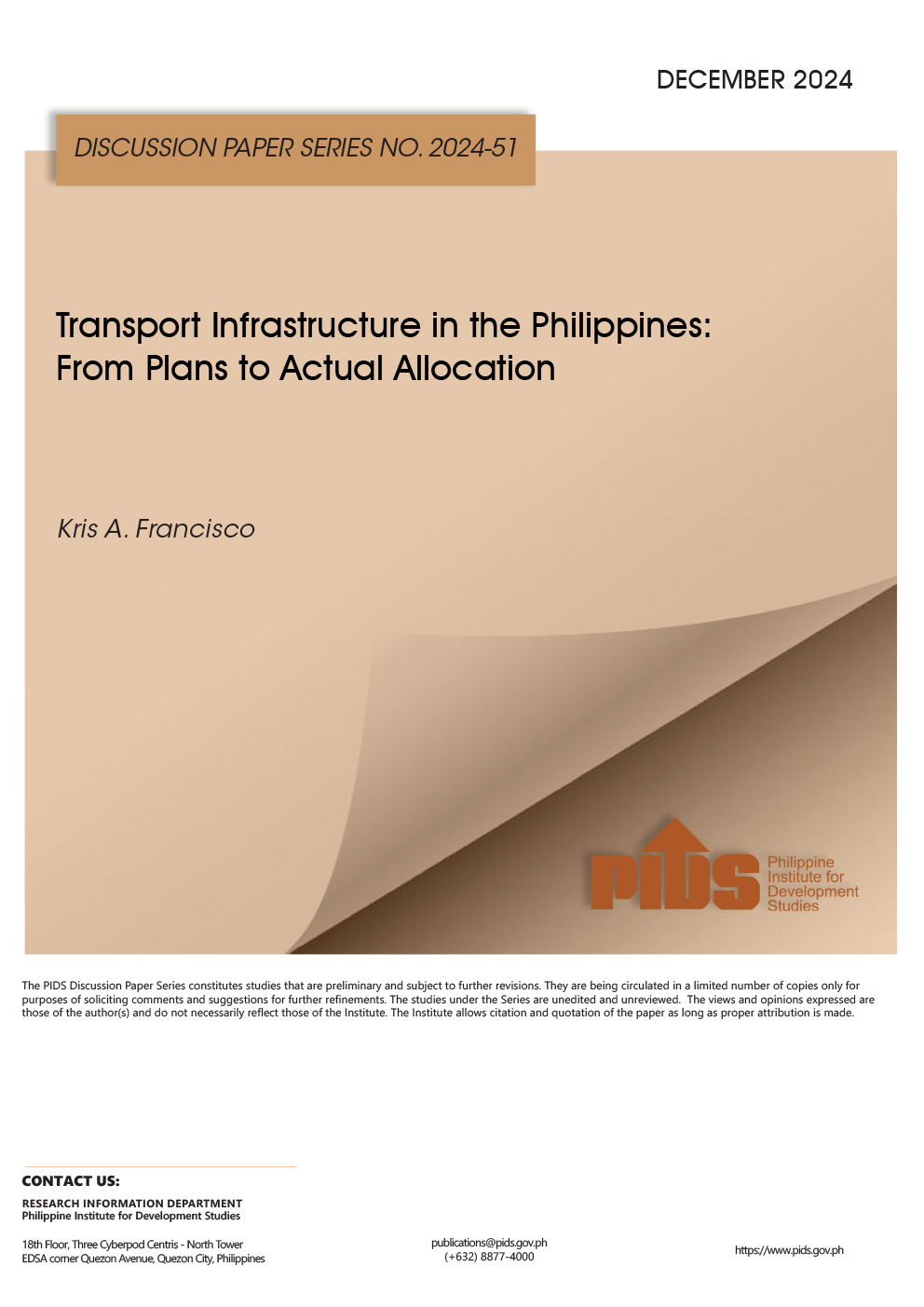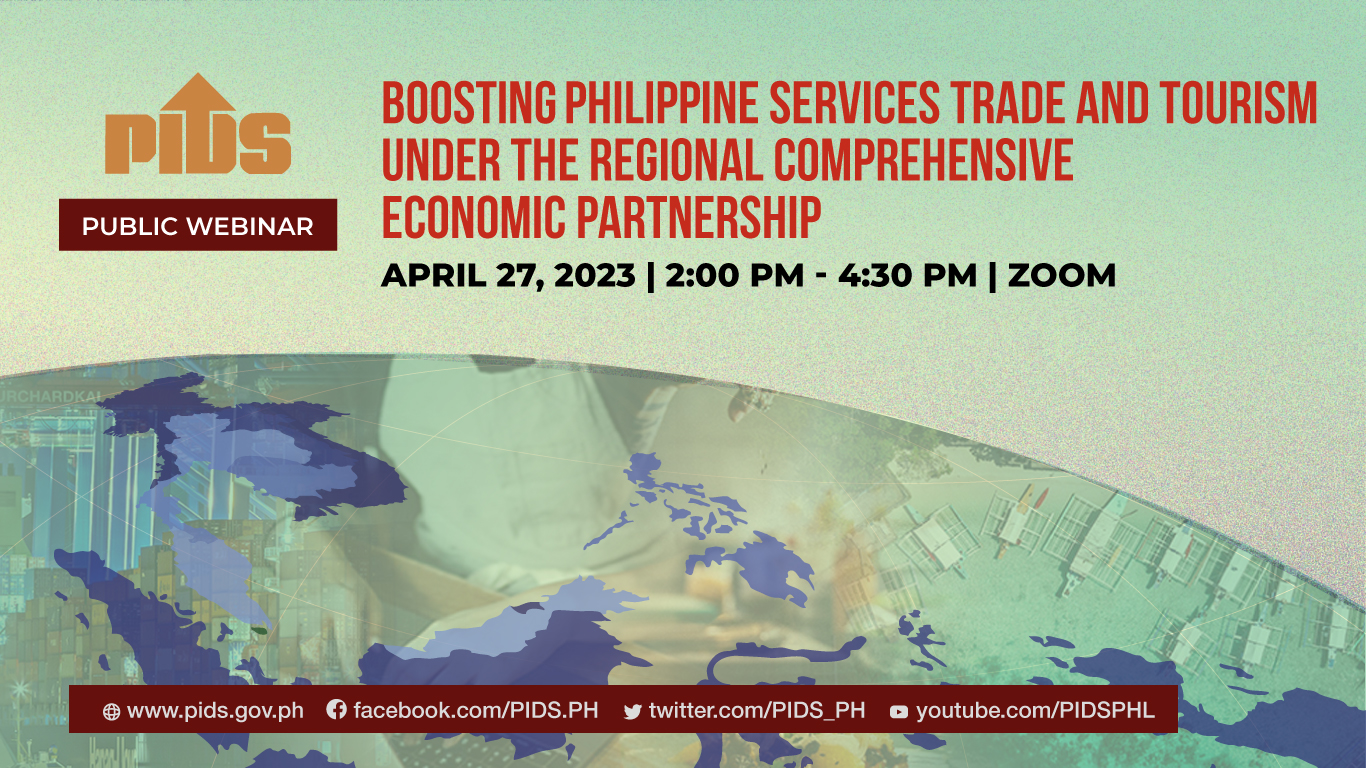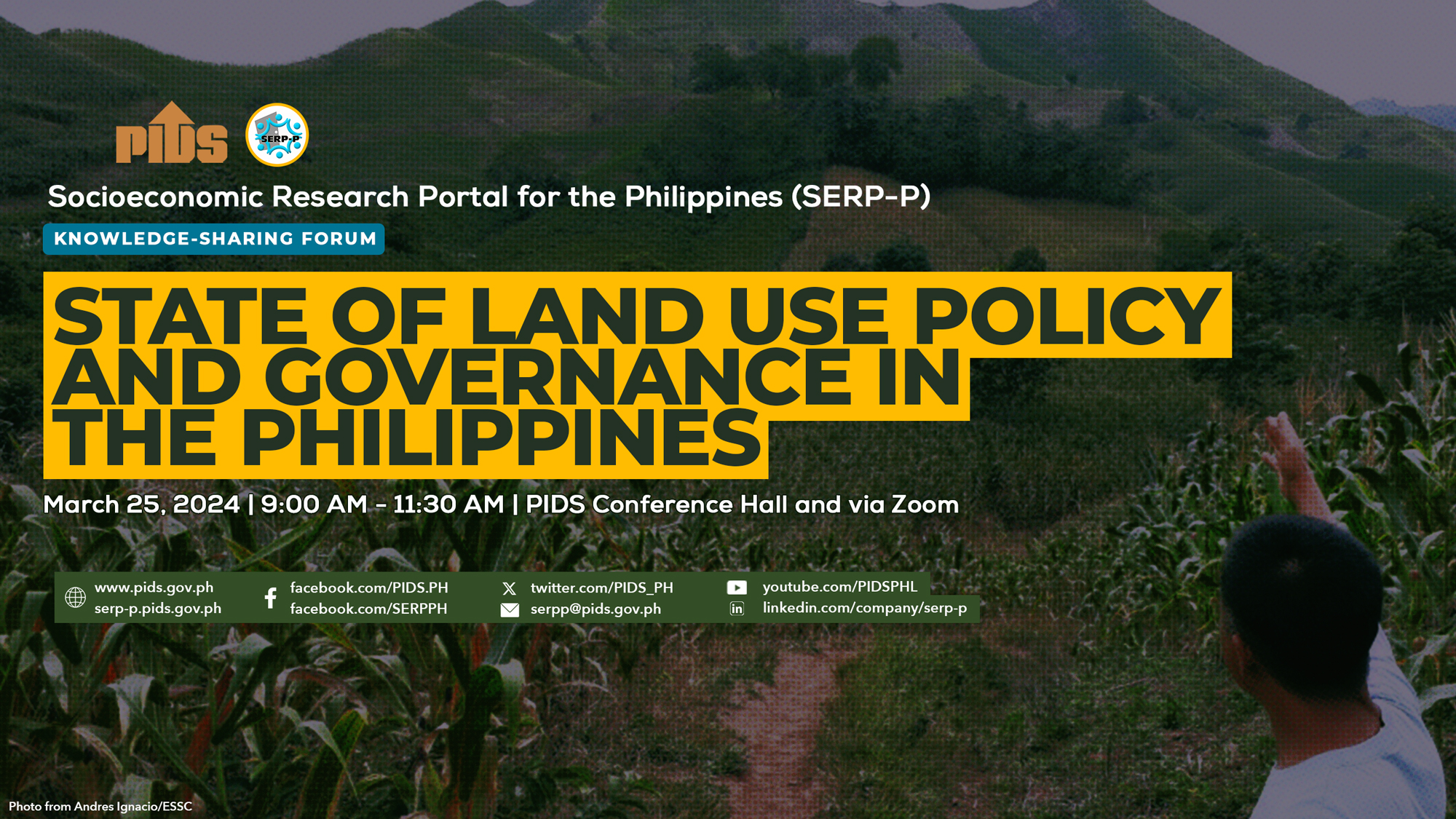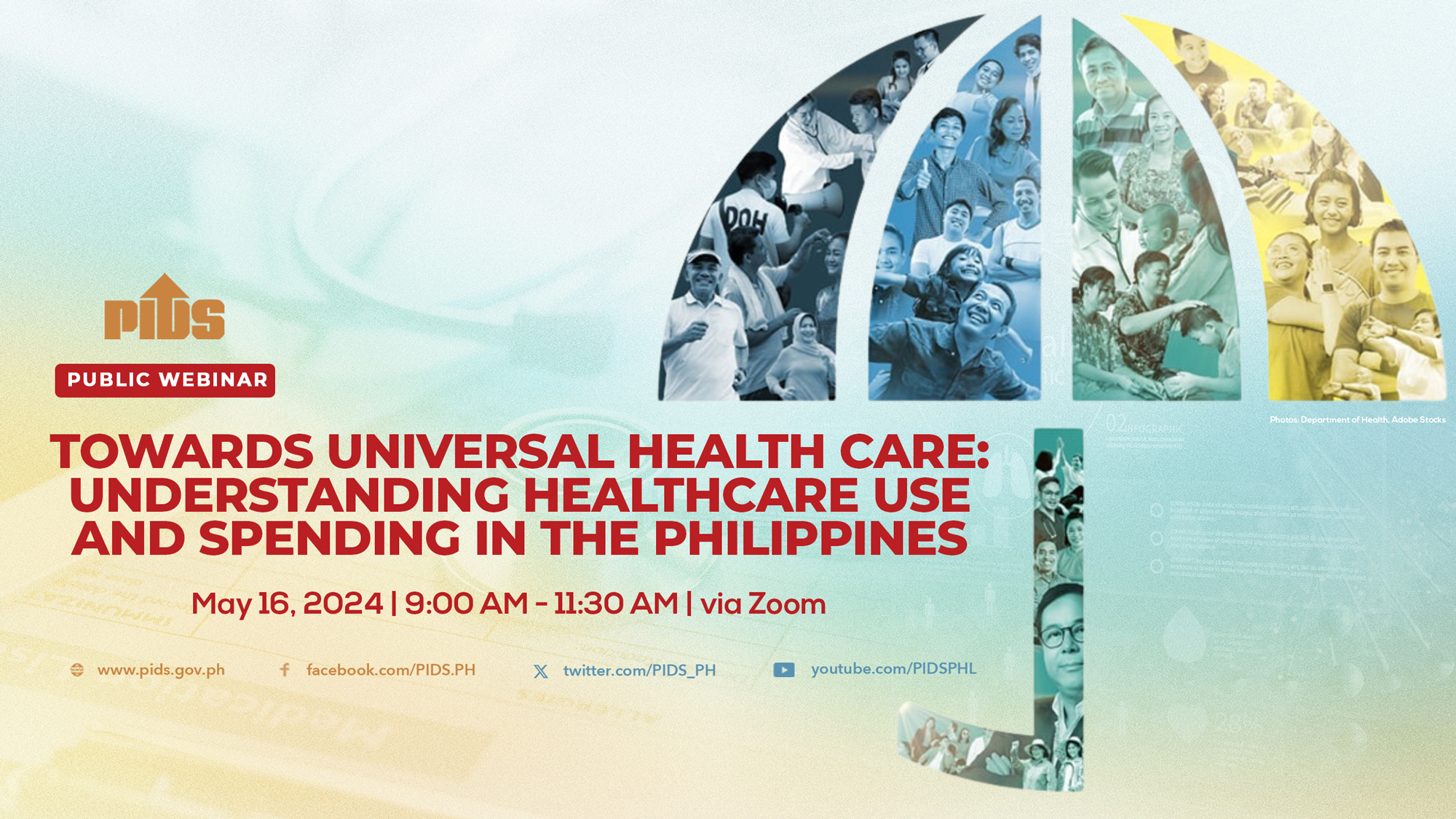Former Finance Secretary Margarito "Gary” Teves yesterday assured international groups that a Binay presidency will continue economic reforms and enhance the private-public partnership (PPP) projects that mostly failed to take off during the present administration.
"Contrary to what the Institute of International Finance (IFF) says, a Binay presidency will continue the economic reforms, as well as enhance the private- public partnership programs that the present administration had started,” Teves said.
A pro-Aquino broadsheet highlighted an IFF story claiming that the international finance group favors a Mar Roxas or Grace Poe presidency and doubts that the populist Binay will pursue reforms supposedly started under Aquino’s term.
"Based on his policy speeches and our interactions, we believe that the IFF’s reservation toward a Binay presidency is unfounded,” he added.
Teves said that Vice President Jejomar Binay will begin rolling out his plan of action in the coming months, especially since the campaign season will soon start.
"I feel that they have some reservations about the VP’s programs and platforms but that is understandable as the campaign season has not officially started,” Teves said.
"But that will soon change, as the VP will begin rolling out his economic plans that will actively push for inclusive economic growth,” he added.
The IFF had said that a Mar Roxas or Grace Poe presidency would continue the Aquino administration’s plans but is uncertain if the Vice President wins the 2016 national elections.
Teves also disputed the IFF, which said that a Binay presidency would be populist and could undermine the PPP program.
"A Binay presidency will be market-oriented rather than populist. In fact, he is in favor of amending the economic provisions of the Constitution to attract more foreign direct investments (FDIs), which, in turn, will generate more jobs for Filipinos,” Teves said.
"Contrary to IFF’s belief, a Binay presidency will continue to implement President Aquino’s programs, for as long as these are above-board and benefit more Filipinos. For one, VP Binay will continue and enhance the PPP program. In his July 18 speech in Bacolod City, VP Binay said he will advocate for PPP as a means to accelerate the construction of more classrooms across the country.” he added.
A Binay presidency, Teves said, will actively push for measures that would hasten the implementation of projects under the PPP scheme, such as amendments to the Build-Operate-Transfer Law, Right-of-Way Bill, and address bureaucratic inefficiencies.
Teves also noted that PPP projects under the current administration, however, have been beset by inadequacies and several delays resulting in underspending on infrastructure, which is a key driver of the economy.
"VP Binay is for faster decision-making within the bounds of our law; he is for aggressive, yet prudent, spending. He will focus on the proper implementation and monitoring of projects and programs that will help achieve higher and sustained economic growth which is more inclusive,” Teves said.
"As an experienced chief executive, VP Binay takes a pragmatic approach on administration and development. He believes that social programs should be implemented only if there are corresponding revenues to finance and sustain them,” he added.
Teves said that aside from implementing basic social services, a Binay presidency will endeavor to maintain a favorable debt-to-GDP and tax effort ratios to retain and further improve the country’s stable credit ratings.
More importantly, Teves said that a Binay presidency will ensure that everyone will benefit from the country’s growth.
"A Binay presidency would see to it that economic growth and progress are cascaded to the poor and marginalized, as he had successfully done in Makati,” Teves said.
Binay, meanwhile, scored the Aquino administration anew, this time over its alleged underspending on healthcare and said funds for public health are instead used to bribe allies of the administration.
In a speech during the 83rd Annual National Convention of the Philippine Health Workers Association, Binay hit the Aquino administration for trimming the budgets of the Lung Center of the Philippines (LCP), National Kidney and Transplant Institute (NKTI), and the Philippine Heart Center (PHC) by P970.6 million, only to use it to fund programs of its allies.
"This administration has been a tightwad in spending for necessary services, so much so that the World Bank (WB) has commented that our growth has been hampered by government’s under-spending in public works and social services,” Binay said.
"But there is a lot of money. The money was unfortunately used to bribe politicians so the ruling party could get rid of their political enemies. The money has been spent to fund programs of their favorite leaders and friends, including for junket to the hearing of ITLoS in The Hague. Only three made the oral arguments but more than 35 high-ranking officials were sent in business class plane tickets and first-class accommodation,” the Vice President averred.
"In other words, public funds are being used for politicking,” he further said.
Binay also questioned the administration’s insistence on increasing the budget of its pet project Conditional Cash Transfer (CCT) while spending less on health care.
"The World Health Organization (WHO) recommends that five percent of our gross domestic product (GDP) must be spent on health care. We are below this standard, with the government concentrating on the Conditional Cash Transfer or CCT,” Binay said.
"This is one thing that puzzles me most. They are giving mon
etary assistance to the poor so they can go to a health center but then, they do not provide adequate funds for the health center. So what health program or assistance can the poor avail of in a health center?” he added.
Binay said that while significant increases have been made in the public health budget in recent years, many still do not have access to basic health services.
He also questioned why a third of the annual increase in the Department of Health budget has gone to Philhealth.
"While patients are given Philhealth cards, government hospitals lack health workers and equipment. So where does the less less-privileged patients have themselves admitted to? Presently, the hospital bed to patient ratio is 17:10,000, while the health worker to patient ratio is 3:10,000,” Binay said.
"Funding is not the problem, the problem is the absence of a government which could provide speedy and honest-to-goodness service to the people. What we need is a caring and compassionate government which could underdstand the plight of the people and attend to their needs,” he added.
Binay cited a report from the Senate committee on health and demography that showed the government allotting P17.408 billion to hire healthcare professionals, build and improve healthcare facilities, and buy hospital equipment this year. He lamented how this amount of spending fails in comparison to the budget given to Philhealth.
"Unfortunately, the money was never really used for what is what intended for. If we are to sum up the budgetary requirements for all those projected health expenditures, it would still pale in comparison to the budget given to Philhealth,” Binay said.
"This validates my earlier statements that this government is insensitive and incompetent. It is incompetent for having failed to resolve the needs of the public health sector. It is insensitive as it failed to have a clear grasp of what is happening down the grassroots,” he added.
Meanwhile, Binay also outlined his plan on how to improve the Philippine healthcare system. He guaranteed to provide easy access to quality healthcare just like what is provided to the residents of Makati.
"We have done that in Makati. We put up the Ospital ng Makati wherein indigent patients are accorded free medical check ups, free hospitalization with free medication. We also provide free consultations for those afflicted with heart ailments,” he said.
He also moved to strengthen the capacity of the local government unit to deliver health services.
According to Binay, special attention must be given to local government units in rural areas where funding is limited and where poverty incidence is at its highest.
"According to a study conducted Philippine Institute for Development Studies (PIDS), the number of rural health units was pegged to 2,300 units. We must therefore improve health planning and service expansion to these areas, including those caught in conflict,” he added.
Senate hearing confirms VP
The result of yesterday’s Senate blue ribbon committee bears out Binay’s allegations as the liability of health officials in the alleged anomalous and fraudulent claims to Philippine Health Insurance Corp. (Philhealth) was highlighted with no less than the lead prober, blue ribbon committee chair Sen.Teofisto "TG” Guingona noting their failure in detecting the supposed "red flags.”
None of the 82 cases involving various eye centers and clinics have been resolved by Philhealth’s Committee on Appealed Administrative Cases (CAAC) against health care providers, some of which have been pending for almost six years already or long before the discovery on the fund mess which has already amounted to P2 billion.
"It has come to our attention that in the past, the DoH (Department of Health) and Philhealth do not walk in tandem. Sometimes, what Philhealth does is also not followed up by the DoH. How many people have to go blind before we do an honest to goodness (probe), before CAAC resolves these cases?” Guingona said, addressing CAAC which is presently chaired by Riza Hontiveros-Baraquel.
"The Philhealth and DoH must work together. There were red flags and they were not monitored,” the senator said.
The committee was also told that even the issue on the questioned P2 billion benefit payment claims came up, some of eye clinics have been under monitoring, according to DoH Asst. Secretary Nicolas Lutero III.
Dr. Alexander Ayco of CAAC pointed to the lack of any existing guidelines which contributed to the piling up of cases as well as legal counsel who could provide them legal advise on the complaints or cases.
Ayco said that since he had been in CAAC in 2001, they have been reviewing cases that had bee
n lodged dating back as far as 2001.
But Guingona was not satisfied with the Ayco’s reason and insisted that the CAAC should have addressed the issues on guidelines and legal advisers to prevent delays.
DoH Secretary Janette Garin acceded to some of the lapses and the need to address the issues//
Efficient programs, budget use under Binay – ex-Finance chief












